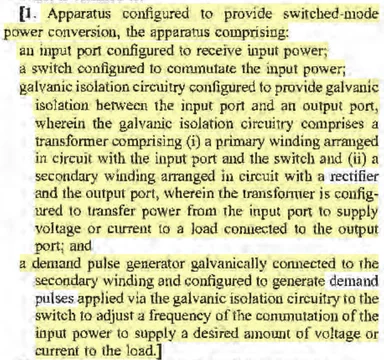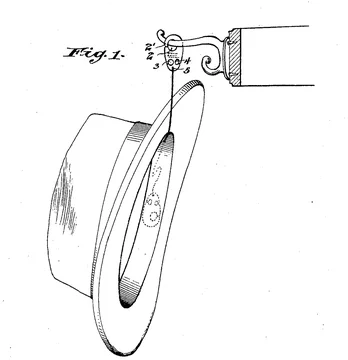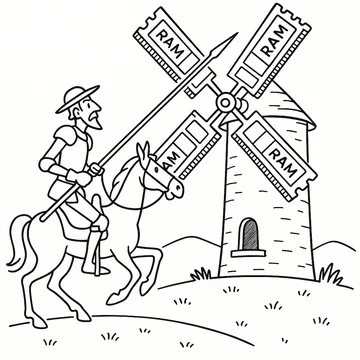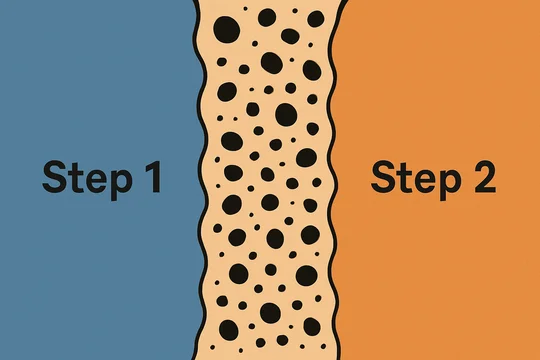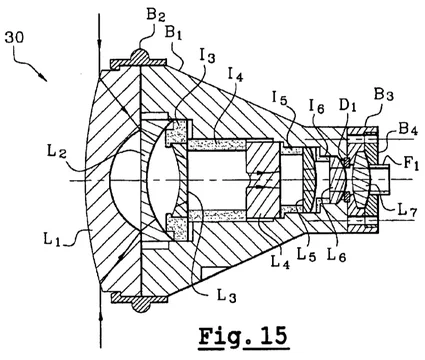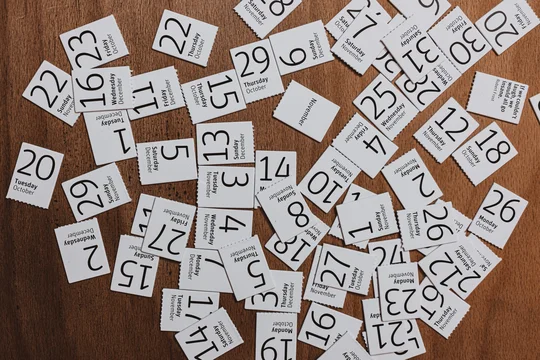
On Thursday, visiting Judge Wolson issued an opinion in SmartSky Networks, LLC v. Gogo Business Aviation, LLC, C.A. No. 22-266-JDW (D. Del.) addressing several summary judgment motions, one of which sought to invalidate a claim of one of the asserted patents as indefinite.
The claim related to a communication system for in-flight wifi, and required that a base station for the equipment emit a radiation pattern that is "oriented toward a horizon." The defendant claimed that that language is indefinite, and the Court agreed:
Claim 1 of the ‘717 Patent requires a radiation pattern that …

